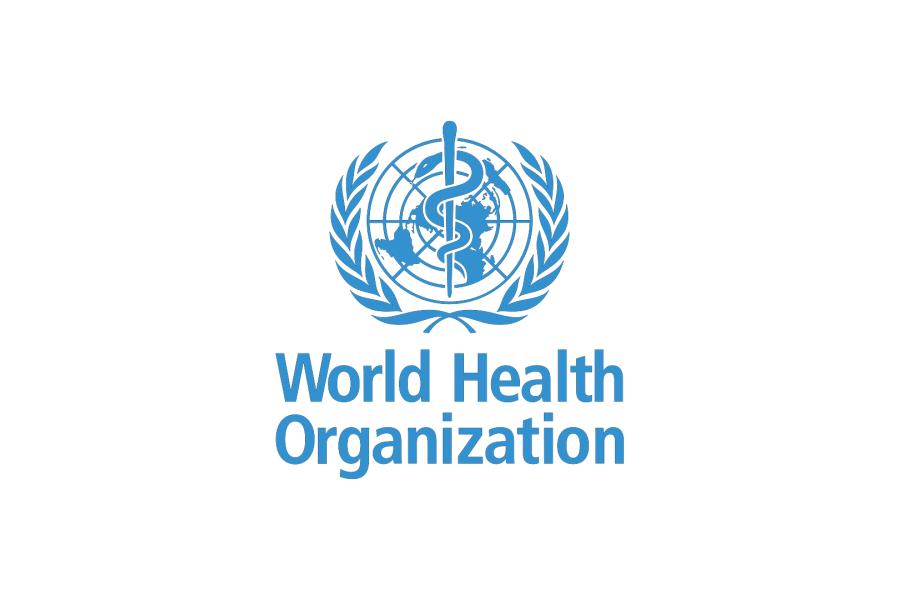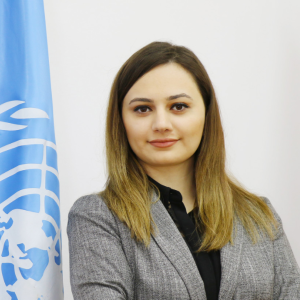The EU-WHO project completed assessment of the infection prevention and control situation in health facilities in Azerbaijan
18 March 2021
- Infection prevention and control (IPC) is a crucial element of preventing the spread of viruses, including SARS-CoV-2, which causes COVID-19.

As part of the continuing technical support to address the COVID-19 pandemic in Azerbaijan, the European Union (EU) - WHO project conducted assessment of IPC capacities in health facilities in the country. The assessment was part of the Solidarity for Health Initiative Project funded by the European Union and implemented by WHO Azerbaijan in partnership with the Ministry of Health and TABIB.
The assessment covered ten health facilities in Azerbaijan, including two hospitals in Baku, one in Shamakhi, and seven in conflict-affected regions of Barda, Tartar, Aghdam, Aghjabadi, and Fuzuli. The mission team assessed screening & triage, intensive care units, maternity, sterilization, and surgical programs, as well as waste management in these facilities. In the conflict-affected regions, the mission team held discussions with hospital directors on how to best support the IPC needs within their facilities. IPC focused training sessions were held with the participation of about 100 staff members from seven health care facilities to address priorities identified by the assessment.
The mission was concluded with a two-day workshop organized in Baku on 10-11 March 2021 with the participation of the representatives of the Ministry of Health, TABIB and WHO experts. National IPC guidelines of Azerbaijan and WHO’s recommendations were discussed at the workshop. As a result of the mission and ensuing discussions, it was decided that WHO would continue to support work in this area, including by providing healthcare facilities with informative posters and hand sanitation stations, translating and disseminating the relevant WHO guidelines and organizing a webinar series for the national health workforce.


